What Is a General Home Inspection (And What Else Might You Need)?
Buying a home is one of the biggest investments most people make—and protecting that investment starts with a home inspection. But what exactly is a general home inspection? And are there other inspections you should be thinking about?
Let’s break it down.
What Is a General Home Inspection?
A general home inspection is a visual evaluation of a home’s accessible systems and components. It’s designed to give buyers a snapshot of the home’s overall condition before closing the deal.
A certified home inspector will typically assess:
Roof – Checking for signs of damage, aging, or potential leaks.
Exterior – Looking at siding, windows, doors, and drainage.
Structural components – Including foundation, framing, and visible signs of settling or cracks.
HVAC system – Heating, ventilation, and air conditioning functionality and age.
Plumbing – Water pressure, leaks, drainage, and visible pipe condition.
Electrical system – Outlets, wiring, breaker panel, and safety features.
Attic and insulation – Evaluating insulation levels and ventilation.
Interior – Walls, ceilings, floors, doors, windows, and stairs.
After the inspection, the inspector provides a report detailing any issues, potential concerns, and areas that may need repair or further evaluation.
What a General Home Inspection Doesn’t Cover
While a general inspection is thorough, it doesn’t go everywhere or cover everything. Some areas require specialized tools, licenses, or expertise to inspect fully. That’s where additional inspections come in.
Types of Additional Inspections to Consider
Here are some common add-ons that can offer peace of mind or reveal hidden problems:
1. Roof Inspection
While the roof is visually inspected during a general inspection, a dedicated roof inspection by a roofing professional can assess the lifespan of materials, identify hidden leaks, and evaluate the integrity of flashing, underlayment, and drainage systems—especially for older homes or homes with complex rooflines.
2. Sewer Scope Inspection
A camera is run through the sewer line to look for blockages, root intrusion, or pipe damage. Particularly valuable for older homes or homes with large trees nearby.
3. Mold Testing
If there are signs of water damage or musty smells, mold testing may be warranted. It involves testing air and surfaces for spores and identifying moisture sources.
4. Termite and Pest Inspection
A pest inspection checks for termites and other wood-destroying organisms that could compromise the structure of the home.
5. Well and Septic Inspection
For properties not connected to city water and sewer, separate inspections are needed to ensure these systems are functioning properly and up to code.
6. Structural Engineer Evaluation
If the general inspection reveals concerns about the foundation, sagging floors, or wall cracks, a licensed structural engineer can perform a deeper analysis. They evaluate the integrity of load-bearing components and recommend solutions for repairs or reinforcements.
7. Geotechnical Engineer Assessment
In areas with steep grades, expansive soils, or known issues with settling, a geotechnical engineer can test soil conditions and offer guidance on stability. This is especially important for hillside homes or those with retaining walls or significant landscaping features.
8. Pool/Spa Inspection
If the property includes a pool or hot tub, a separate inspection checks for proper equipment operation, safety features, and structural condition.
9. Asbestos or Lead Paint Testing
Older homes may still contain hazardous materials like asbestos insulation or lead-based paint. Testing can confirm their presence and help plan safe remediation.
The Bottom Line
A general home inspection gives you a great overview of a property’s condition, but it isn’t all-encompassing. Depending on the age, location, and features of the home, it’s often smart to invest in specialized inspections for deeper insight and peace of mind.
Still not sure which inspections you need? Talk to your inspector—we’re here to help you make confident, informed decisions.
At Elevate Inspections, we take your investment seriously.
We’re all about going above and beyond—taking inspections to new heights and exceeding your expectations.


